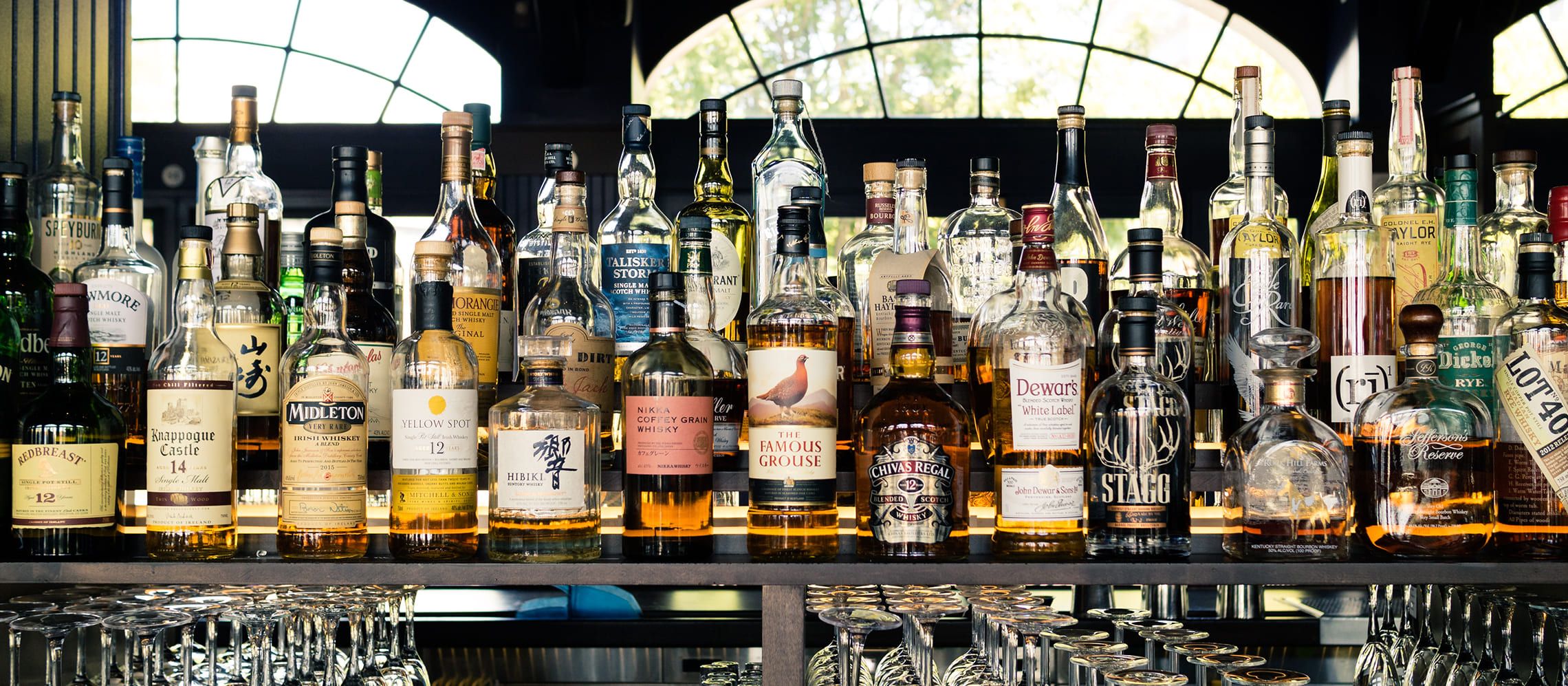Submission Deadline
28 February 2026
Judging
Date
24 & 25 March 2026
Winners Announcement
22 April 2026
28 February 2026
24 & 25 March 2026
22 April 2026

Whilst both gin and whisky are very much seen as innately British – as indeed they have become – there’s some evidence that the actual art of whisky distilling might have arrived on our shores with Christian missionary monks not long after the Romans quit Britain; gin is definitely an import – albeit much changed – the spirit taken up by the English during the 30 Years’ War from the Dutch in the first half of the 17th Century (a swig or two before facing the enemy in battle is the origin of the phrase ‘Dutch courage’). It’s the Dutch, too, who ‘invented’ cognac as we know it today, (‘Brandy’ is an English-language corruption of the Dutch ‘Brandwijn’ – or burnt wine) but it’s the British whose love of the product really grew the industry,
The whole point of this short lesson in history is that the British have been appreciating – and consuming – spirits in some form or other for centuries and any producer looking for an importer needs to understand the dynamics within a mature, highly-competitive and crowded market across all spirits categories. Having a spirits product is one thing, but where it might fit in the market, and whether it has the potential to do at least some reasonable business, will determine how easy it is to find a UK importer.
Added pressure in the UK comes from outside forces with a 20% fall in overall alcohol consumption, including certain sectors within the spirits marketplace, a decline that’s been occurring over a number of years: indeed, Mintel reports that some 20% of the population is now drinking no alcohol at all, a figure that rises to 33% for 16 to 24 year-olds. Specifically, when it comes to spirits, as reported by the WSTA, less than half the population (48%) now drinks any spirits at all in spite of the fact that there are now more distilleries than ever before (361 in 2018, more than double the number of just 5 years ago, according to HMRC).
It’s this increase in distillery numbers that highlights the fact that, within the overall figures for alcohol, some categories and sectors are bucking the trend, certainly in terms of value. This is especially true when it comes to gin, which exceeded sales of £2 billion in 2018, having doubled since 2016 (up £500 million in each of the last 2 years), and now accounts for close on 15 pence of every pound spent on spirits.
Gin demonstrates a dynamic that’s being seen across other spirits categories, driven by growing consumer interest in premium quality, provenance (regionality and locality), craft, speciality, distinctiveness, individuality, innovation, and choice, as well as the production methods and skills of the distillers themselves: whether, gin, whisk(e)y, vodka, rum, cognac, or tequila, it’s the premium and super-premium and craft end that’s actually driving spirits sales by satisfying a consumer thirst for products that say something about the consumer as much as the producer.
Take whisk(y): the country’s home-grown industry is seeing growth in single malts and premium blends. At the same time, standard blends are suffering from something of an image problem, caused by (being perceived as) falling short in terms of complexity and taste. This shows the whisky industry following the same trends as in other drinks, part of a major shift away from low-price, high volume consumption, with consumers increasingly willing to pay for quality premium products that maximize the social as much as the taste experience.
If you’re a rum supplier, then rum sales are running second only to gin, albeit from a smaller base, up some 20% by volume, and double that in value, with three times the number of rum brands of 15 years ago, again driven by consumer interest in premium craft products and their heritage, not to mention the willingness of consumers to look for premium variants – especially gold and dark rums – and the new taste experiences they provide.
As a vodka supplier you need to know that, certainly in the UK, it’s gin that has played a hand in a slight decline in the overall value of vodka sales, which have fallen to just short of £2 billion, with gin having overtaken vodka to occupy the No.1 slot in terms of sales rankings. Here again it’s consumer interest in craft producers and different tastes that come from the various processes being used by distillers that drives sales and adds impetus to the perception of being a premium spirit and luxury drink (luxury indeed – the highest price tag: $7.5 million for an 18 litre unique distillation, actually). If you think this high, there’s a bottle of Grande Champagne Cognac with a price tag of over $100 million: in the ‘real world’, consumer interest in cognac is also being driven by premiumisation and luxury, easily mirrored by cognac’s provenance, heritage and quality. By contrast, you could pay a couple of hundred dollars for a top-of-the-range aged tequila made from the pure sap of the blue agave plant – but, here again, it’s the quality end that’s driving tequila sales (some brands have seen sales grow by 50% and more).
Another driver is the on-trade’s interest in cocktails which continues to play a crucial role in the continued success being seen with spirits, with CGA data showing sales by value up 7.5% in the last year.
So, as the data show, spirits sales in the UK are pretty buoyant, both in the on- and off-trade, together with a ready supply and plenty of choice across all sectors and covering all price points, all of which means that, for a supplier looking for an importer, you’ll need to be offering a product with (a) real point(s) of difference even to be considered.
Of course, it’s possible to ‘oil the wheels’ of commerce with a guaranteed support package, as well as tinkering with trade price points, although the high UK alcohol tax regime doesn’t make this an easy option (of the current 28 EU countries, the UK accounts for 40% of all excise duty collected): put starkly, the level of competition is no guarantee of success and you need to do your own thorough homework to ensure that you’re not only going to be wasting your money, but a lot of time which could have been better spent.
If not the most, then the UK alcohol industry is certainly one of the most regulated, so published UK Government data means that finding a list of importers is really the easy bit, it’s far more about your proposition and whether your marketing and sales objectives can be made to mesh. Armed with a product, a proposition and a presentation that shows an understanding of the market will play an essential part in finding the right UK spirits importer.

The article is contributed by Alistair Morrell, Wine Inspector, wine industry consultant, journalist and, commentator. Over 30 years as a wine business professional, Alistair shares his global knowledge, network, and experience of growers, importers, distributors and buyers.
Show your spirits where it matters. Get your products tasted by top bartenders, buyers and experts at the London Competitions — enter now.